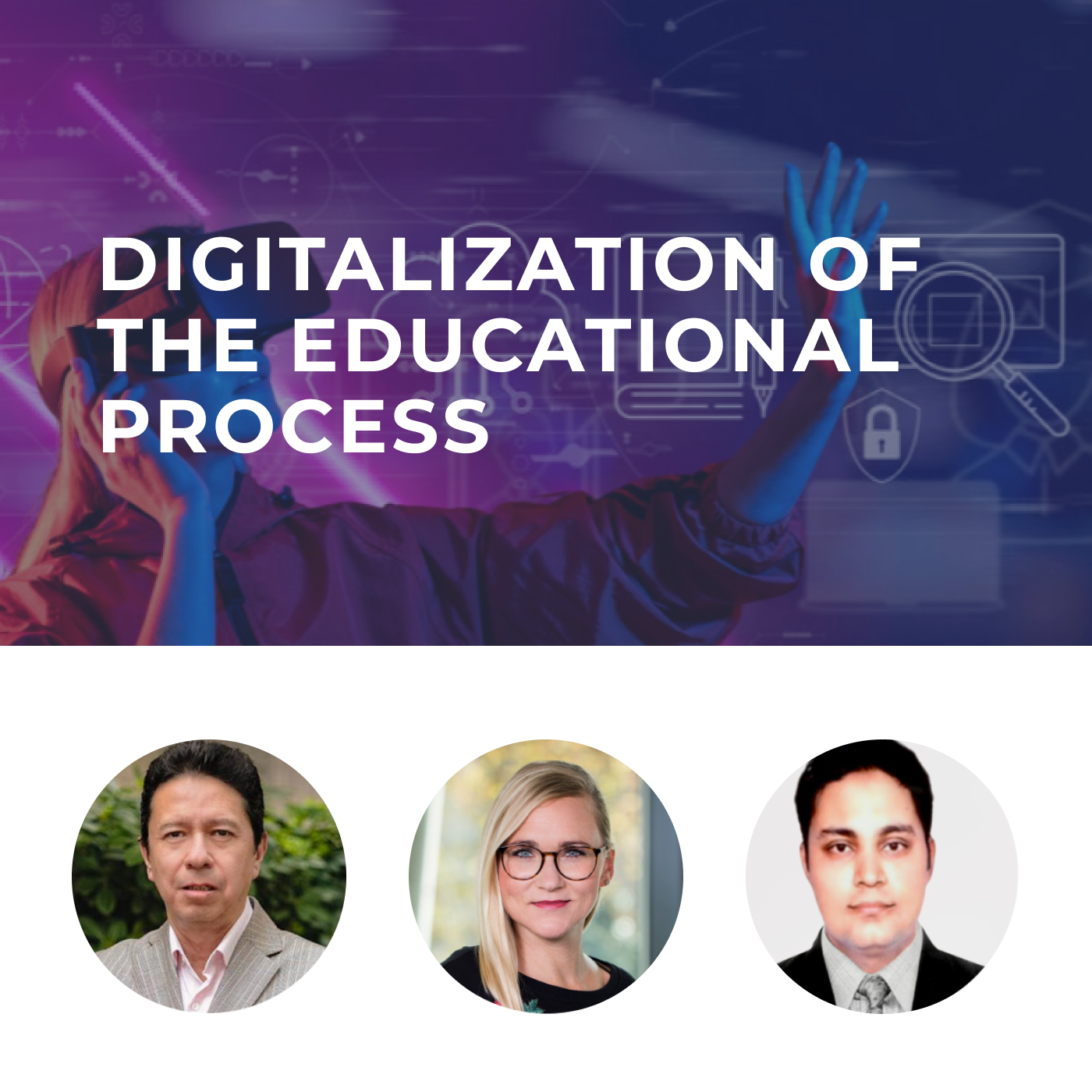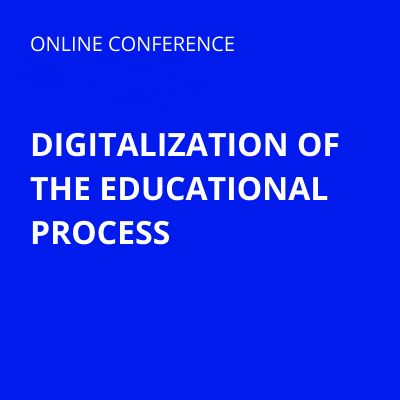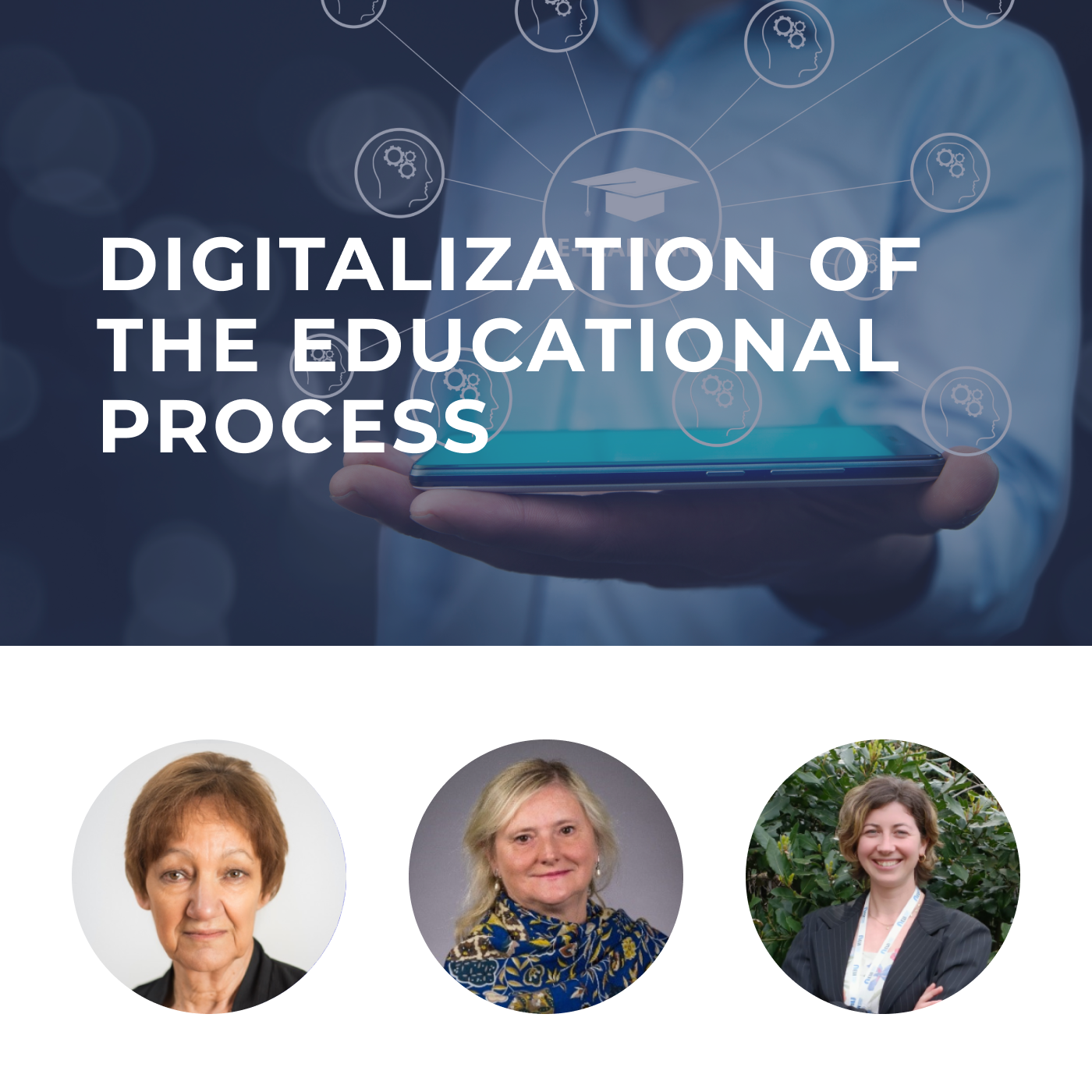April 13, 2023
Topic. Digitalization of the educational process.
Hybrid and blended and learning approaches for high-quality higher education: experience of implementing the approaches in different countries. The importance of induction in online international education. Leveraging the potential of digital pedagogy for global learning and much more.
Speakers. Harold Enrique Castro Barrera, Dr. Barbara Covarrubias Venegas, Dr. Nauman Ahmad, Paula Shaw, Mari Cruz Garcia Vallejo, Dr. Eithne Knappitsch, Michael Flannery, Dr Simon Bignell.














